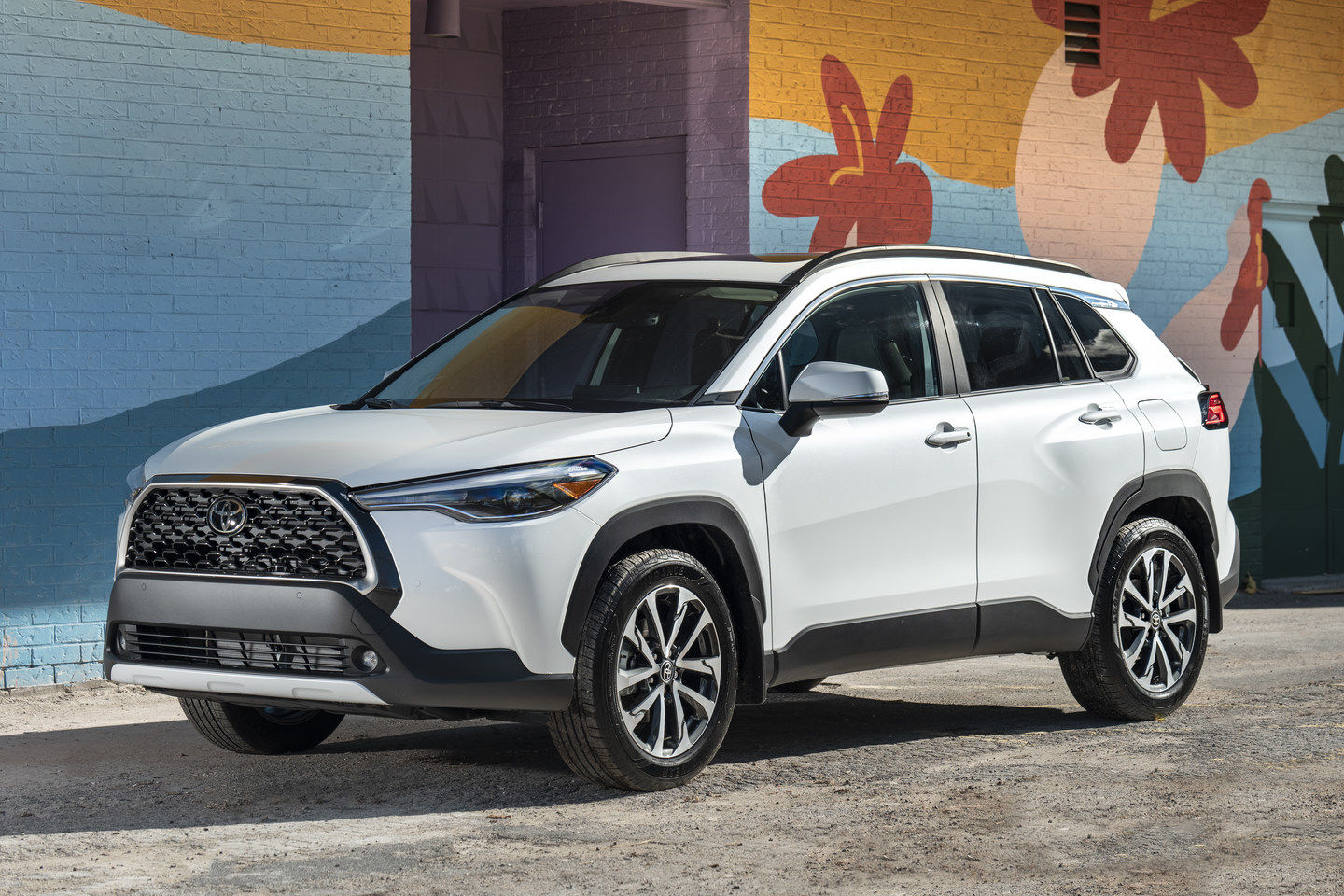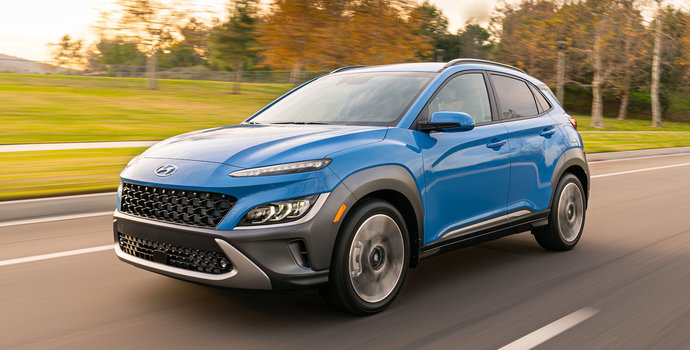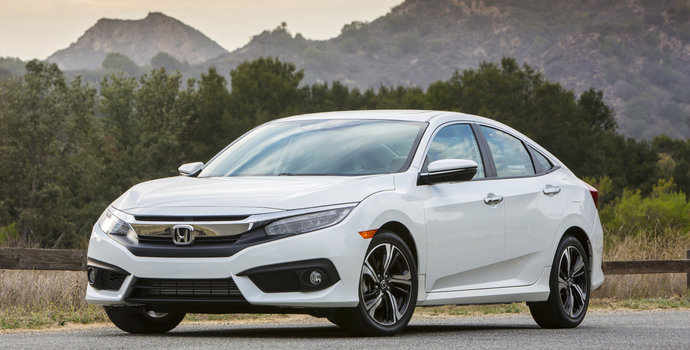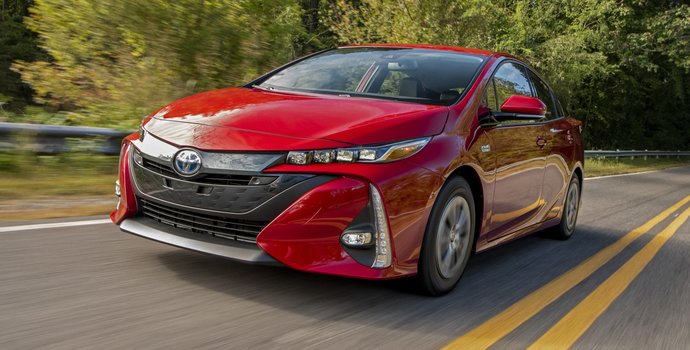Buying a used vehicle offers significant cost savings, but reliability is a crucial factor to ensure long-term value. A well-maintained used car can provide years of dependable service, while a poorly chosen one can lead to unexpected repair costs. Understanding how to evaluate reliability before purchasing a used vehicle is essential for making a confident decision.
1 - Research Reliability Ratings
Some vehicles are known for their long-term durability, while others may have a history of mechanical issues. Organizations such as Consumer Reports and J.D. Power provide reliability ratings based on owner surveys and real-world performance data. Pay attention to long-term reliability scores rather than just initial quality ratings, as some vehicles may perform well in the first few years but develop problems over time.
Canadian-specific sources, such as DesRosiers Automotive Consultants and Canadian Black Book, can also offer insights into vehicle longevity and depreciation trends. Reviewing manufacturer recall history through Transport Canada’s database can help identify potential safety concerns.
2 - Prioritize Vehicles with Proven Track Records

Some makes and models consistently perform well in reliability rankings. Toyota, Honda, Mazda, and Subaru have reputations for long-lasting vehicles, particularly in Canada’s climate. Similarly, certain models from domestic brands, such as the Ford F-150 and Chevrolet Silverado, have a strong history of durability.
Look for vehicles with long-standing reputations, and avoid models known for significant transmission, electrical, or engine problems. Checking owner forums and community discussions can provide real-world feedback from Canadian drivers who experience similar road conditions.
3 - Inspect the Vehicle’s History Report
A vehicle history report provides essential information about past accidents, service records, and potential red flags such as flood damage or odometer rollbacks. Services like CARFAX Canada allow you to access these reports using the vehicle’s VIN (Vehicle Identification Number).
A clean history report is a positive sign, but it’s not a guarantee of reliability. Some minor accidents or repairs may not be concerning, but repeated issues or a record of inconsistent maintenance could indicate a problematic vehicle.
4 - Review Maintenance and Service Records

Regular maintenance is key to vehicle longevity. A well-documented service history shows that the previous owner followed manufacturer-recommended maintenance schedules, including oil changes, brake servicing, and timing belt replacements. Gaps in maintenance records or evidence of missed major services should raise concerns.
Canadian winters can be harsh on vehicles, and regular undercoating or rust protection treatments can indicate a previous owner took proactive measures to prevent corrosion, which is a common issue in provinces that use road salt.
5 - Have a Pre-Purchase Inspection Performed
Even if a used vehicle appears well-maintained, an independent mechanical inspection is one of the best ways to ensure reliability. A licensed mechanic can identify potential issues that may not be visible during a test drive, such as:
- Suspension wear
- Fluid leaks
- Transmission health
- Brake system condition
- Undercarriage rust or frame damage
An inspection typically costs between $100-$200 in Canada but can save thousands in unexpected repairs down the road. Some dealerships, such as AutoPark Georgetown, offer inspection reports upfront to ensure additional peace of mind.
6- Choose Vehicles with Lower Ownership Costs
Some used vehicles may be reliable but have high maintenance and repair costs. Look for models with affordable parts and strong aftermarket support. Brands with a large presence in Canada tend to have lower repair costs due to readily available parts and mechanics familiar with their systems.
Hybrid and electric vehicles may offer long-term savings on fuel, but battery replacement costs should be considered when purchasing an older model. Similarly, luxury vehicles may have high repair costs even if they are mechanically reliable.
7 - Avoid High Mileage Without Proper Documentation
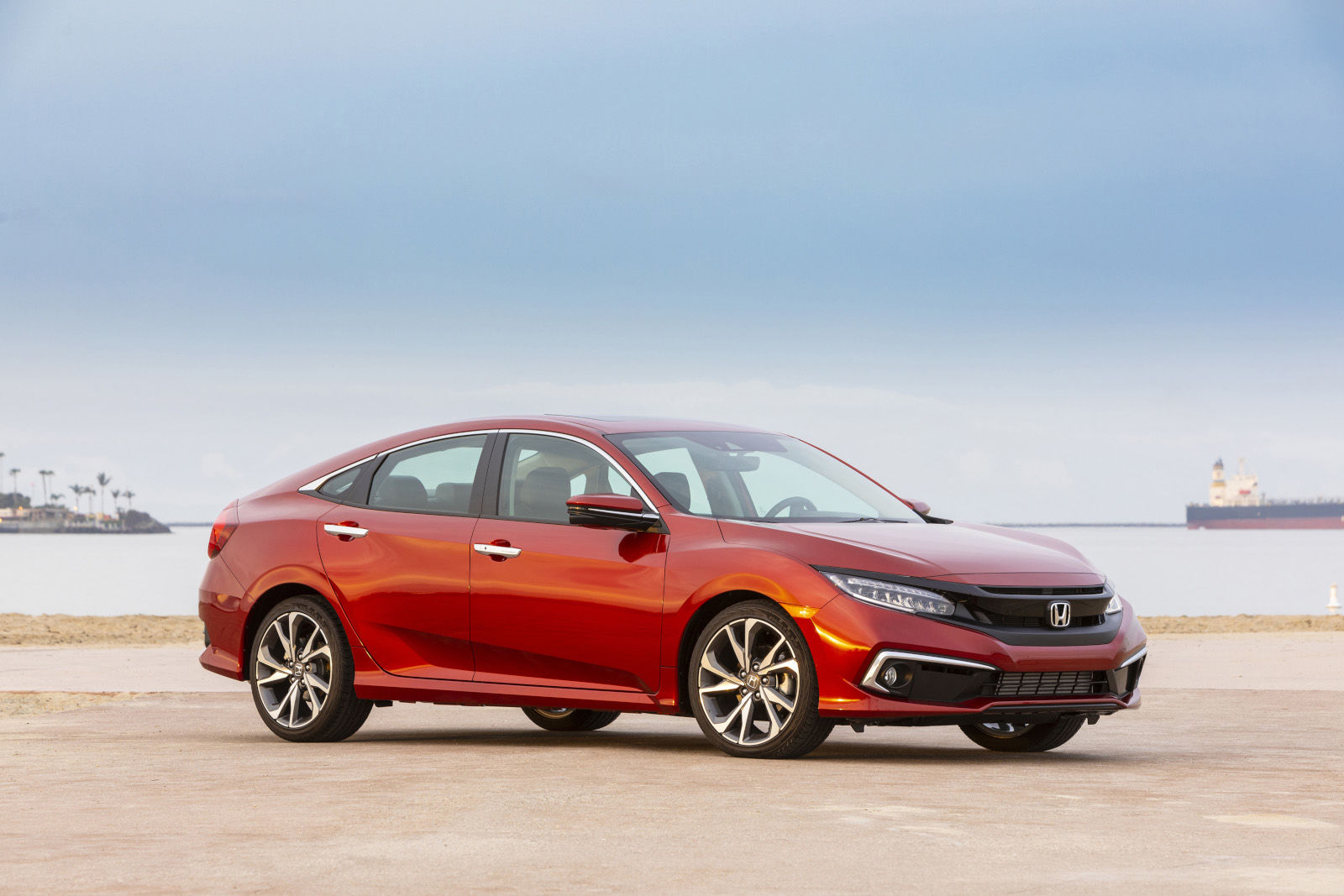
Mileage alone doesn’t determine a vehicle’s reliability—maintenance history is equally important. A well-maintained vehicle with 200,000 km may be in better condition than a neglected one with 100,000 km.
Check for major services that should have been completed at key mileage intervals, such as timing belt replacements and transmission fluid changes. If these have not been done, you may be facing immediate repair costs after purchase.
8 - Test Drive for Performance and Comfort
A test drive can reveal signs of potential issues that may not appear in reports or records. Pay attention to:
- Transmission smoothness
- Engine noise and responsiveness
- Steering and suspension feel
- Brake performance
- Interior wear and electronic functionality
Listen for unusual noises, check dashboard warning lights, and ensure that all features, from air conditioning to power windows, are fully operational. If the vehicle hesitates, shifts roughly, or feels unstable, it may indicate underlying mechanical problems.
9 - Verify Warranty or Certified Pre-Owned (CPO) Options

Some used vehicles still carry factory warranties, especially if they are only a few years old. Certified Pre-Owned (CPO) programs from manufacturers offer extended warranties, additional inspections, and added protection. While CPO vehicles tend to be priced slightly higher, the added reliability and peace of mind can make them a worthwhile investment.
For non-CPO vehicles, third-party warranty options may be available, though terms and coverage can vary. It’s essential to review what is included and whether exclusions may apply to high-mileage vehicles.
Finding a Reliable Used Vehicle
Choosing a reliable used vehicle requires thorough research, careful inspection, and an understanding of long-term ownership costs. By prioritizing reliability ratings, maintenance records, and professional inspections, buyers can make informed decisions and avoid unexpected repairs.
For a selection of quality used vehicles that have been carefully inspected, visit AutoPark Georgetown to explore our inventory.
View Our Pre-Owned Inventory


